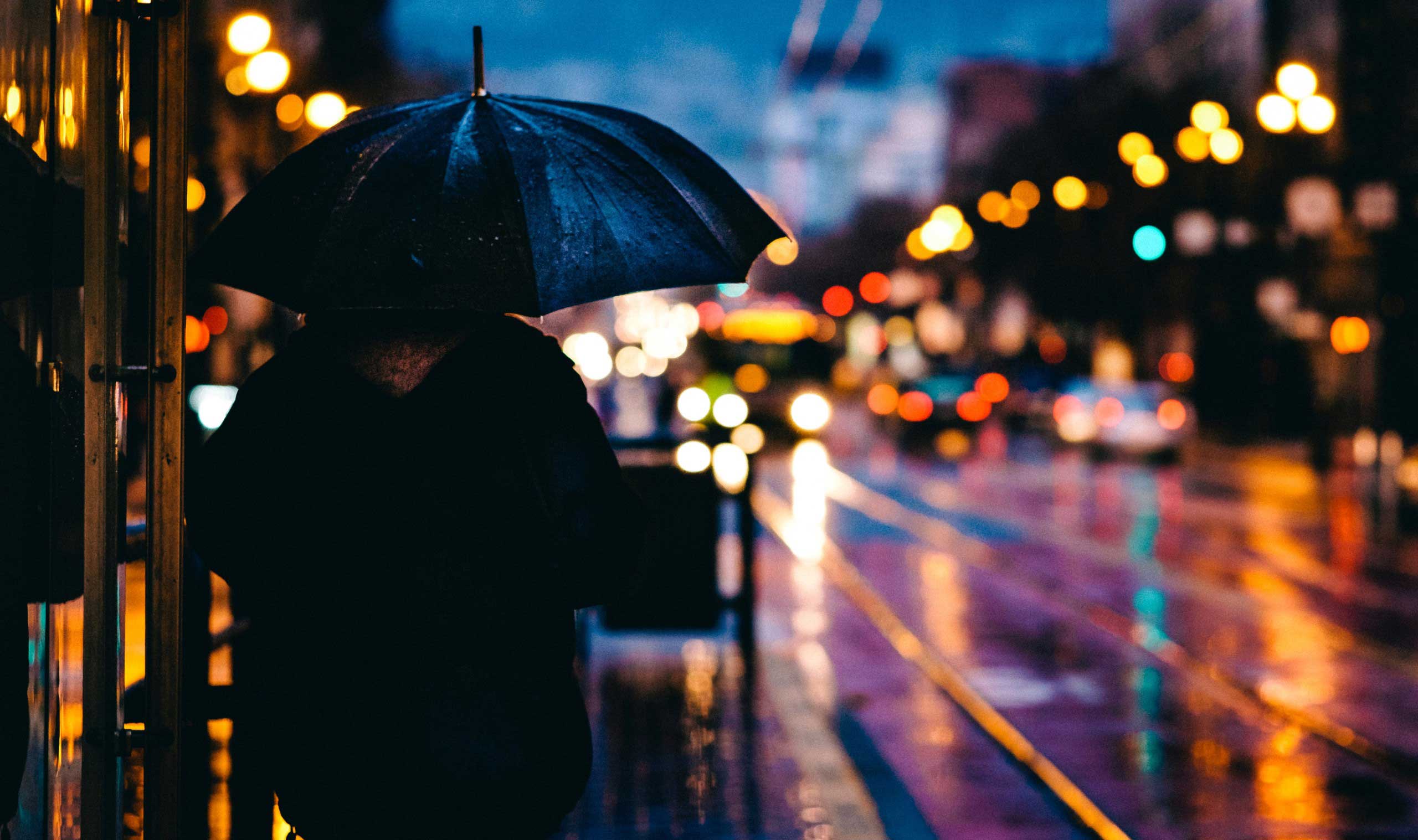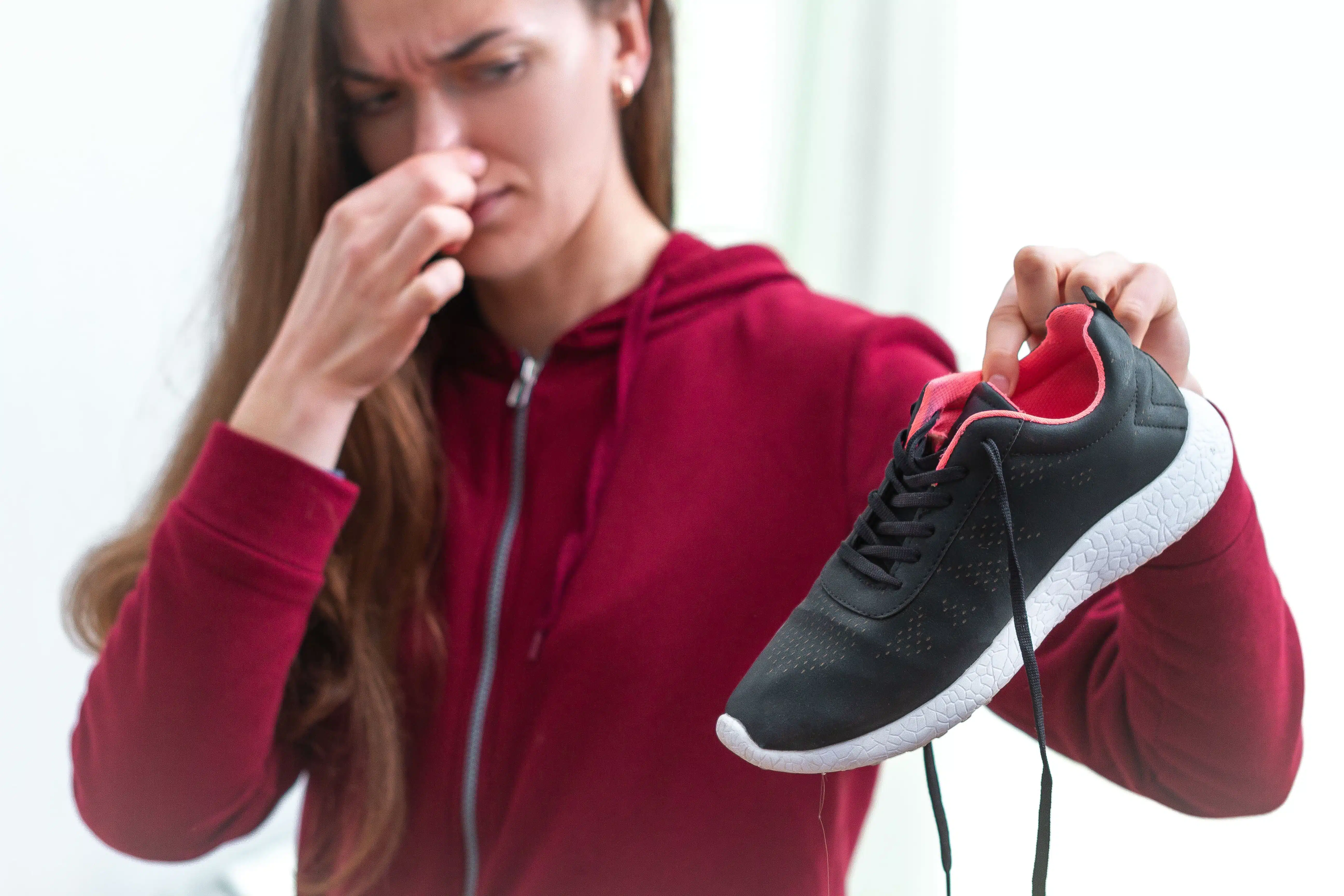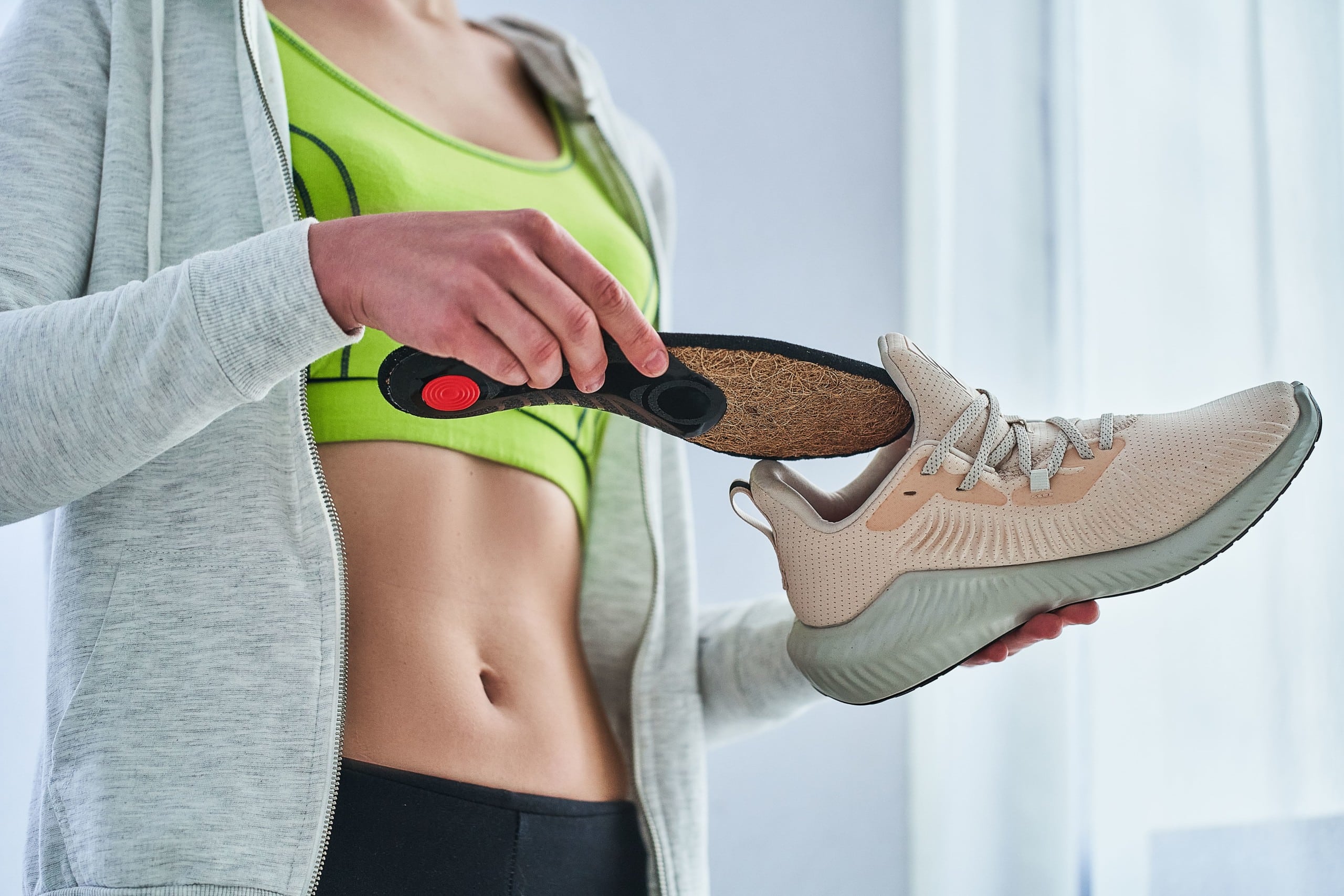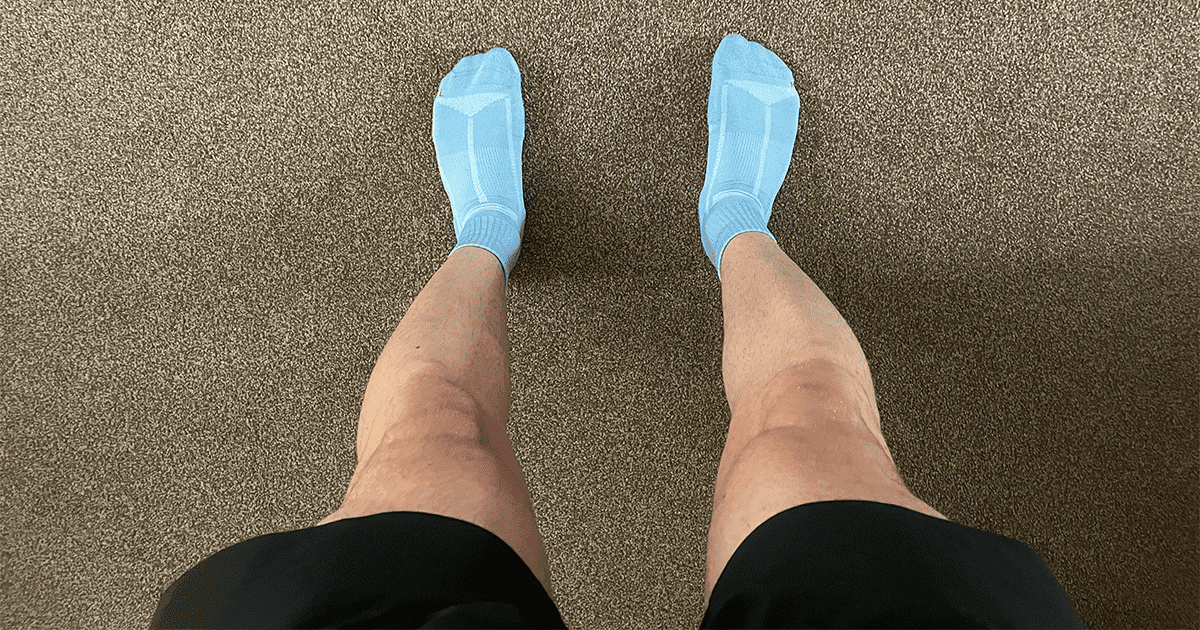Running at night – what you need to know
From breaking bad habits to staying safe, here’s what you need to know when running at night.

While we’ve covered a similar post on the blog before, specifically how to stay safe when running at night, we thought we’d give a rundown on more than just safety. While safety is, of course, top priority, there’s plenty more you should know when running at night.
Related: 8 Tips to stay safe while running during the day or at night.
With everyone living such hectic lives, whether this be balancing parenting, work, exercise, or even all three, this often leaves us with little time to exercise, workout, or run, more often than not leaving the only time to train to be late at night after work.
Related: No time? 6 Tips to help you find the time to run or train.
You’re tired, it’s dark, it’s cold, and the last thing on your mind is to lace up and hit the pavement. However, it’s the only time you’ve got and unless you’re not a fan of progress, you’re going to have to suck it up and get out there.
That’s where this post comes in. The remainder of this article will discuss what you should know when running at night, touching on more than just safety.
1. Breaking bad habits
We’re all guilty of indulging in a few bad habits from time to time. Whether this is eating one too many chocolates, snoozing your alarm for the sixth time, or skipping out on a workout or two. If you’re known to skip a run due to being ‘too tired’, it being ‘too dark’, or ‘too cold’, then this one for you.
New rule. Layout your running kit before work, your trainers, socks, shoes, watch, the lot. The second you get back from work get changed and head out the door. No compromise. Very quickly this will turn into a routine and you will no longer think of doing it, it will become second nature,
Likewise, if you can’t run after work why not try running at work or alternatively in the morning, simply just apply the same principle.
2. Fuelling before and after running at night

Since you’re going to be running at night, your energy stores are going to be a little depleted and you may feel a little lethargic. Easy fix. Just before finishing work or directly after getting home, have a small snack. Think Nutella on toast, fruit, and nuts, or a small bowl of cereal – just enough to get you through your run or workout.
Likewise, after finishing your run you want to get in a few extra calories. Avoid foods high in sugar as this may take you longer to fall asleep. Instead, opt for a recovery drink, small meal high in protein, or even just a few pieces of fruit.
For further recovery advice, including post-run/workout meal ideas we recommend checking out our blog post on how to recover after a run or race.
3. Staying safe when running at night
While this article isn’t primarily about staying safe when running at night, it is certainly important to touch on.
When running at night it’s important to stick to well-lit paths/roads, wear reflective gear (a heard torch if possible), and most importantly to track your run and let others know when you set off and when you return.
Related: 7 of the best head torches for running.
For example, one way of doing this is through Strava’s premium platform known as ‘summit beacon’. This allows live location tracking to close friends and or loved ones, a great way to remain safe with an extra pair of eyes looking over you.
As we promised to keep it short and sweet, we’ve created a list of important takeaway points which can be seen below:
- Stick to well-lit roads/paths
- Wear reflective gear (a head torch if possible)
- Run with a friend
- Track your run and share the tracking details with a close friend or loved one
- Run facing traffic (if running on roads)
- Always be aware of your surroundings
- Turn your music down so you can hear oncoming traffic and or pedestrians
- Run with your phone to notify others in case of an emergency
4. Be cautious of how late you’re actually running

Ideally, you want to be running a few hours before bed, not directly before. Running too close to bed may cause you trouble falling asleep. As well as this, we recommend winding down, reducing blue light exposure, and to only eat a small meal after your run – especially if you’re planning on hitting the hay in the next couple of hours.
5. Be cautious and mindful of dogs when running at night
When running at night, do your best not to startle any dogs – you don’t want any nasty surprises. This is where a running head torch comes in handy, allowing you to remain visible and be able to see where you’re going at all times.
Likewise, if running with a dog yourself, stick to well-lit areas while keeping your dog on the lead. Not only will this keep your little friend by your side, but it will also stop them from running towards other runners, walkers, or pedestrians.
Related: The ultimate guide to running with your dog.
6. Leave the headphones at home
It’s advised to be wary of your surroundings, particularly so when running at night. Therefore, we recommend either leaving your headphones at home, or alternatively listening to an audiobook, turning your music down much lower than normal, or instead running with a single earphone.
This will increase your awareness, ensuring you know exactly what’s going on – even more so important when running at night.
The bottom line
Running at night can be a great way to squeeze in a run, especially if your busy schedule usually interferes. However, it’s important to get into a routine, consume a high-protein post-run meal and or snack, and hit the hay within good time.
Finally, remember to remain cautious of your surroundings at all times, wear reflective gear, track your run, and most importantly have fun! After all, running at night can be a great way to sneak off to sleep a little earlier while getting in that daily dose of exercise.

Matthew is a lifelong runner, chief tester of all products, the founder of Running101, and freelance content writer for active brands. When he’s not writing, he enjoys lifting weights, cycling in the Lake District, and watching fast cars drive in circles on a Sunday. He also has a BA in sport, exercise and physical activity from the University of Durham.




